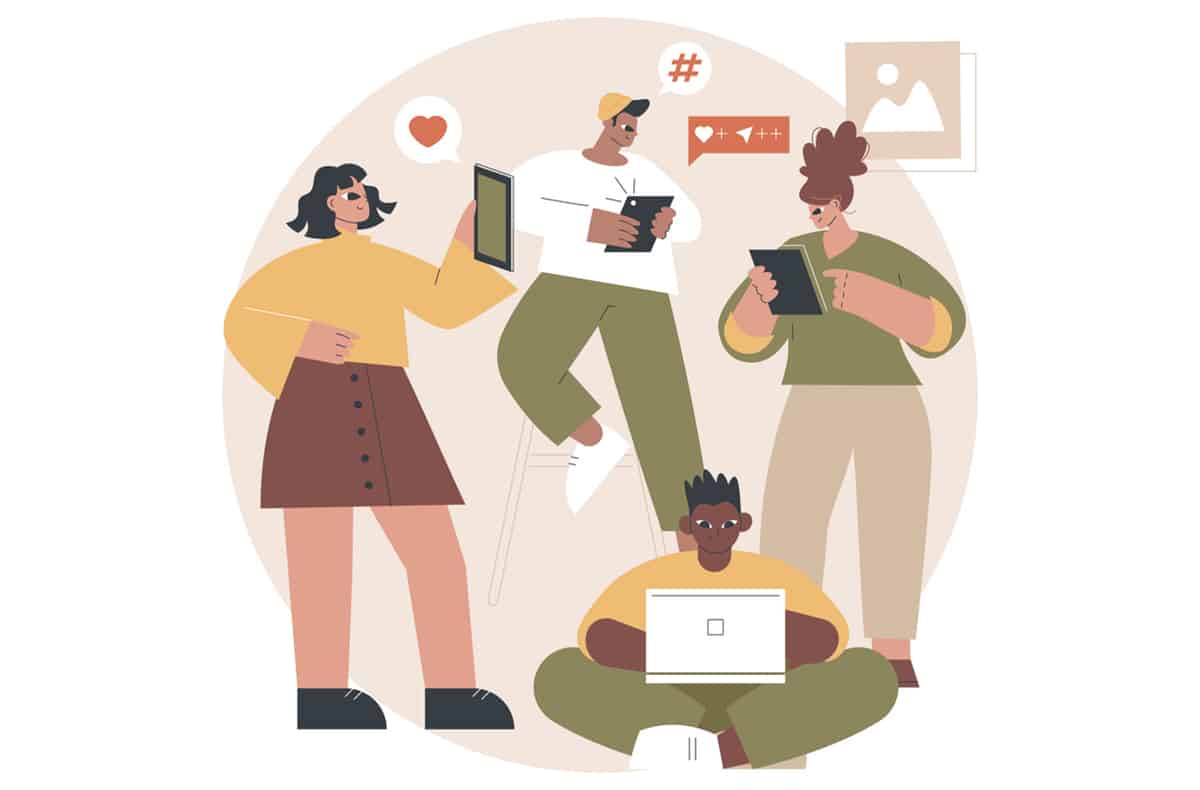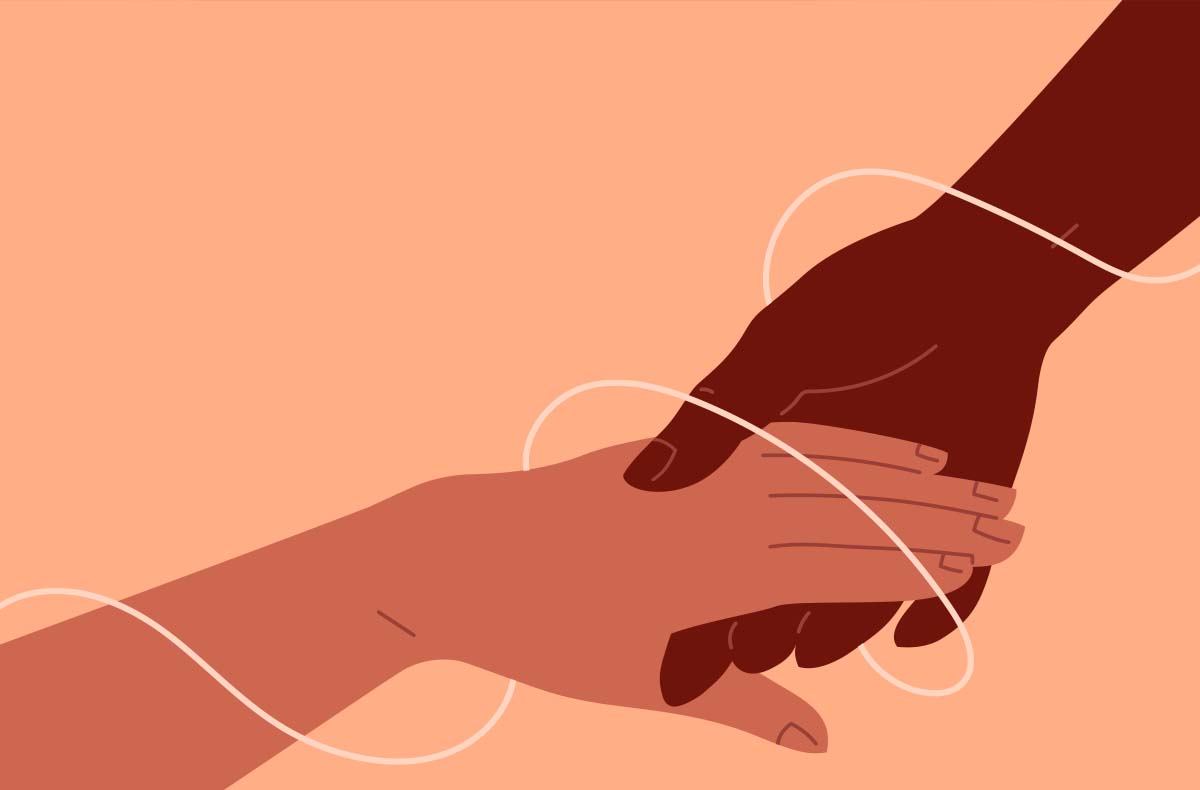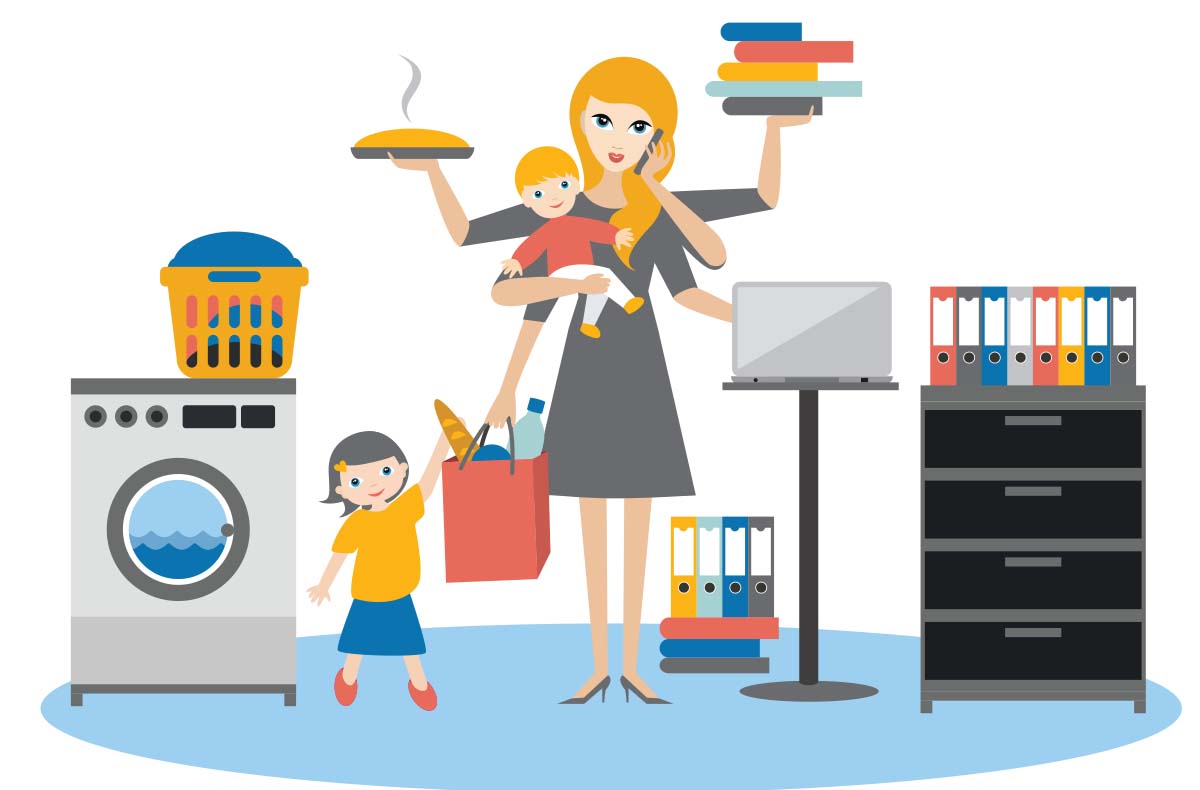
I recently was guilty of something that I HATE on social media. I retweeted a bit of media I’d seen with a snarky comment without fact checking it first. I felt pretty confident that it was true because it seemed true—unfortunately, after I made my quip, I looked up more on the story and realized the clip I was retweeting had been taken out of context: I was sharing misinformation.
We’ve all seen things like this happen. And I will cop to the fact that it is worse when people who have verified accounts—as I do—share misinformation. It adds credibility to such posts that they otherwise might not have. So when I make this kind of blunder, I must not only remove the post with false information, but clarify and apologize. This is especially important, since it’s not just opinions or quips that many of us share.
I get most of my legitimate news and information from social media. Many of us do. In some ways, this is great. Online platforms provide access to so many more world news organizations, providing a range of opinions and perspectives far more diverse than from our past forms of news consumption, where all we might read was our local paper, perhaps one or two national news magazines, and watch World News Tonight. The downside is that, while those sources were vetted and held accountable to some extent for what they published and for verifying sources, “news” today can come from anyone, anywhere, with no accountability—it could just be from some random person’s TikTok video, with no rigor, fact-checking, or journalistic integrity.
I do personally try to make sure that the news stories I read come from a well-researched and legitimate source and not mypoliticalandpersonalbias.blogpost.net, or if it is from a more obscure source, I try to Google it to make sure I can find the story verified somewhere else, but it’s not always easy to take the time to do so. Or rather, it is much easier to just get emotional and share the story with my own quippy response, rather than doing my due diligence.
I’m not alone in that desire. An MIT study found that false news stories go viral 70% faster than actual, verified news. And it gets complicated even further by the fact that, for most of us, our social media feeds are bubbles of our own personal beliefs and life experiences. We follow our friends, colleagues, people we admire… we follow and “friend” people we already agree with, and they share news stories and op-eds that also cater to that worldview. This means we’re less likely to be suspicious of stories and articles shared because it “sounds right to us” and lines up with our beliefs.
It’s not even our fault: we are biologically primed to do this; it only takes our brains 13 milliseconds to process an image, and before we even have an awareness of what we have seen/read/encountered, our brains have already unconsciously started making assumptions about it. That’s a tough thing to combat, especially when you factor in how many hours a day you are consuming these images, articles, and opinions on social media. (I’m not even going to tell you what my daily average data use is on my cellphone, but I promise you can find me on Twitter ANY time, day or night.)
There is a solution to the confirmation bias in the misinformation pipeline problem, but it isn’t easy. It comes down to us taking on the responsibility for our own media literacy, and then holding ourselves responsible for what we amplify.
My challenge to you this week is to follow at least three people on a social media platform whom you disagree with in some way. I don’t necessarily mean someone spouting harmful rhetoric or who will make your life miserable in some way—we aren’t looking for trolls—but just look into what other people are saying and fact check it against what you believe. Even if they are wrong (they disagree with you of course they are wrong! Ha!), it will strengthen your own personal understanding of why you feel the way you do.
The next challenge: don’t share any story without finding at least three other legitimate sources for it, even if it’s something you’re absolutely sure is true—for example, that the Queen of England absolutely did recently have a funeral. Make it your habit to slow down and consume your news thoughtfully for a week. Keep a tally of the times that you had an initial reaction that changed in some way after you dug a little deeper. At the end of the week, look over that tally and you’ll have an idea of how you’ve been cultivating your own newsfeed.
There’s no judgment here: none of us are inherently good at this, but I do think you will feel more satisfied and well-informed when you are sure you have vetted your information. I pledge to do the same. Share your results/epiphanies with me @amandadeibert, on Twitter, and @newthinking_mag, while you’re at it.



